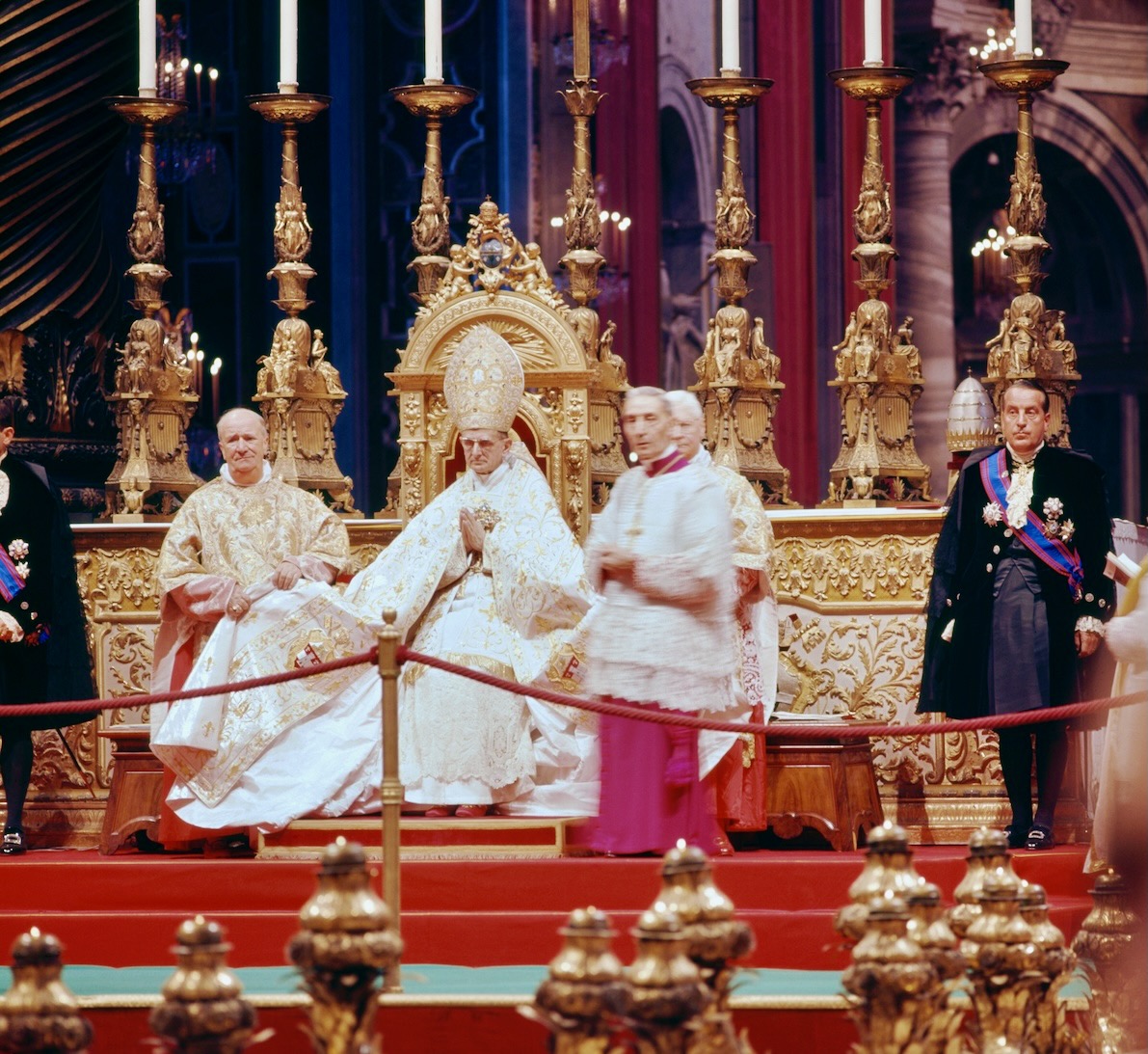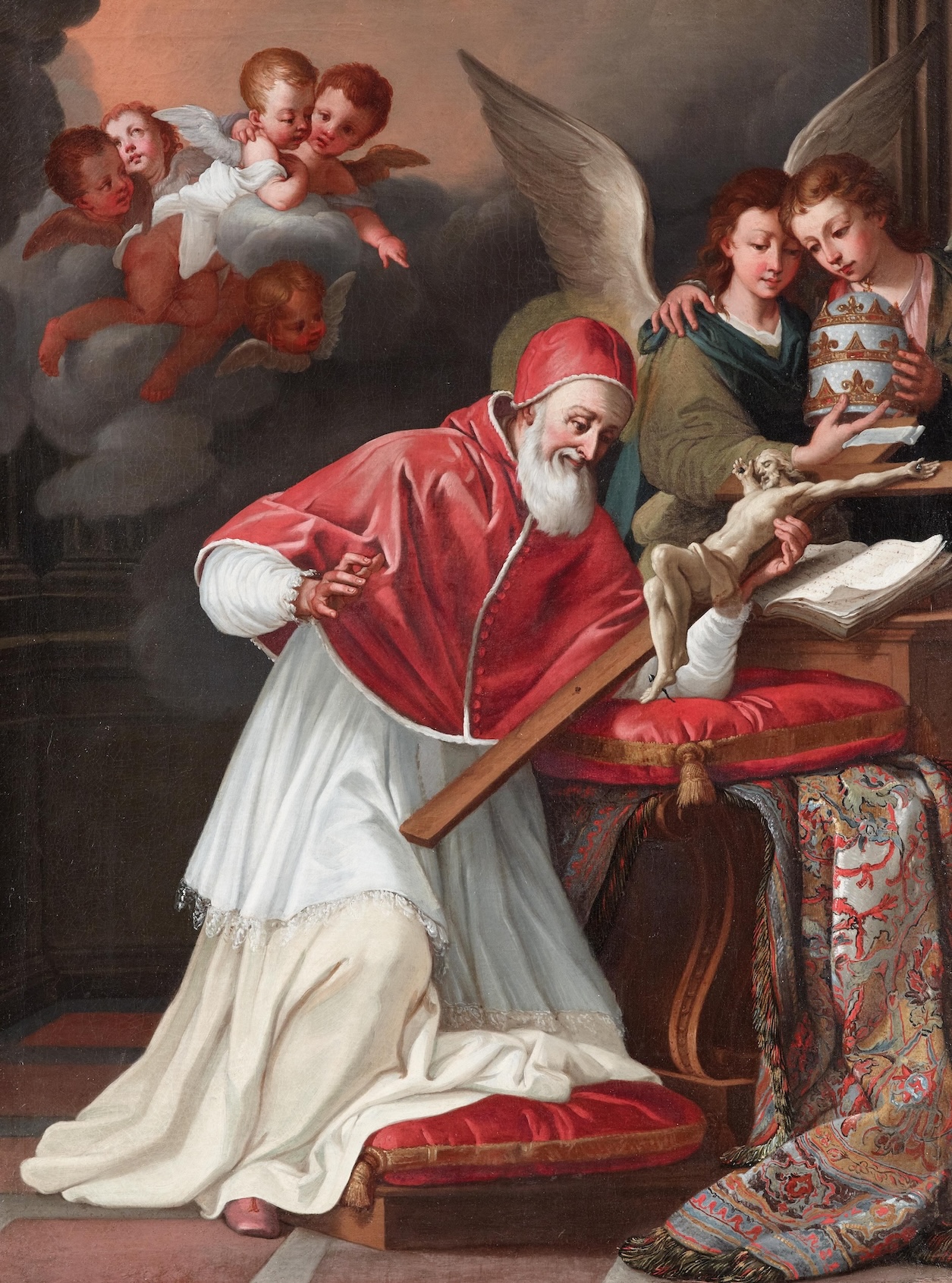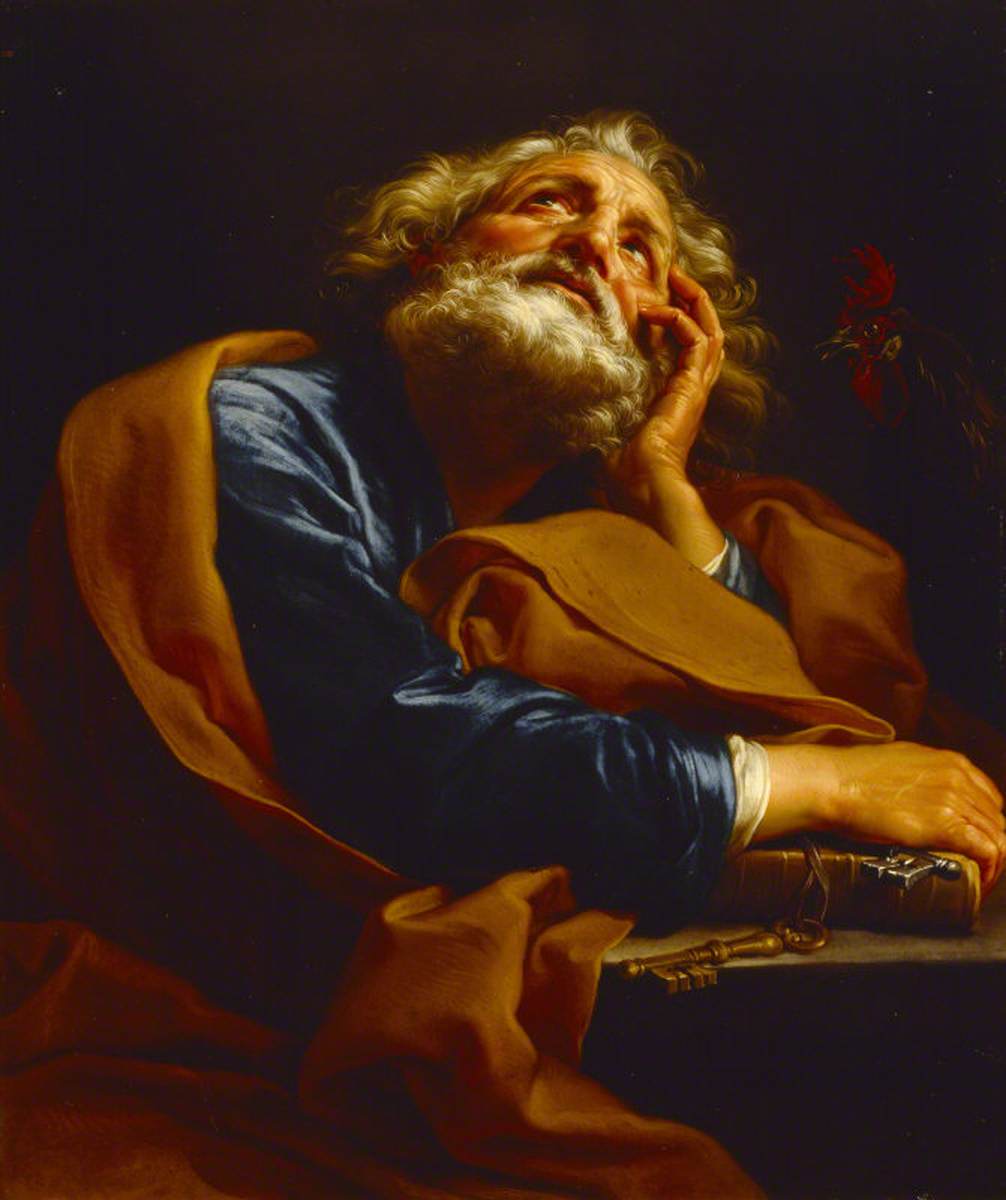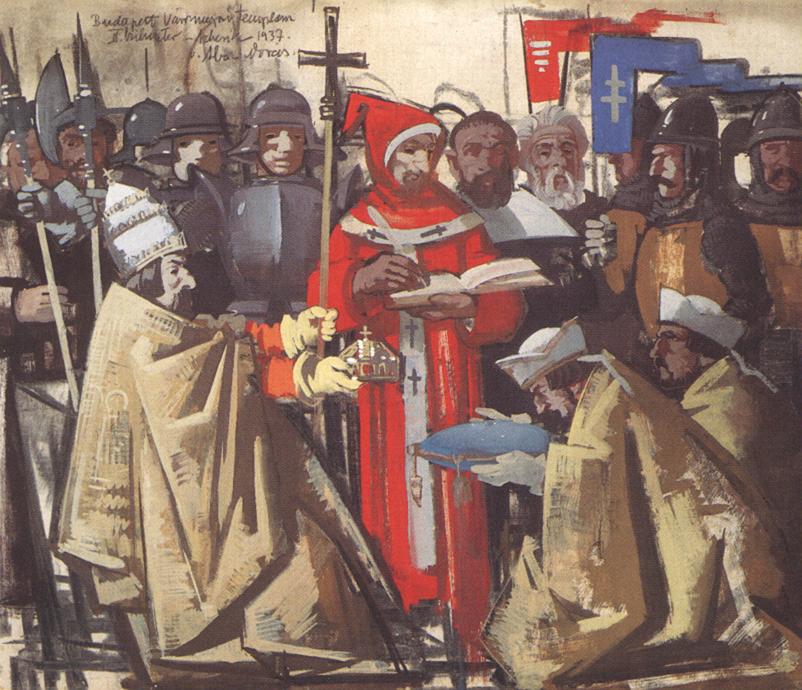Papal Infallibility – #4 – Final considerations
Therefore, if we want to believe that what Jesus tells us is accurate and that what the Church teaches is a divinely protected truth, there must be a mechanism that tells us this: The Dogma of Infallibility.

Second Vatican Council, photography by Lothar Wolleh - Image Source
In this Dogma, there are several requirements for a papal pronouncement to be considered dogmatic and infallible. Are they:
The legitimate successor of Peter must make the pronouncement;
The subject must be in the area of faith and morals;
The Pope must be speaking ex-cathedra, that is, from the very seat and office of Saint Peter. In this way, he must have the specific intention of proclaiming a doctrine, binding the Church to his consent.
There is no infallible statement if one or more of these elements are missing. Most examples of supposed "errors" by Popes arise when critics ignore the need for these three points.

Council of Trent, painting by Pasquale Cati - Image Source
For example, the Pope is not infallible when he writes encyclicals, apostolic exhortations, or gives homilies. He is not infallible when he writes on non-religious topics, such as economics, science, art, or politics.
Another critical point is that, when exercising his power of infallibility, the Pope cannot add or subtract from Divine Revelation; for example, he cannot create an 11th Commandment of the Law of God or remove a beatitude.
All he can do is define, that is, confirm and affirm an aspect of Divine Revelation that, until then, was hidden or contested but which, in this case, has always been accepted and lived by the Church.
Usually, this power is exercised to combat heresies; for this reason, the process for an infallible pronouncement by the Pope is quite careful. When questions arise about the Church's position on a particular topic, there is a process to discern and disseminate the teaching.
Then, the bishops begin by holding synods and ecumenical councils; depending on the subject, they may invite secular experts, various theologians, and biblical scholars to explore the subject thoroughly.

Saint Pius V and the miracle of the Crucifix, painting by Unknown Artist - Image Source
This is another protection for the Church, as it ensures that no one person makes sweeping decisions individually. In order to dispute infallibility, many opponents like to point out, for example, the conduct of Saint Peter in Antioch, where he refused to eat with Gentile Christians so as not to offend certain Jews in Palestine. For this reason, the apostle Saint Paul reprimanded him strongly.
Does this demonstrate that papal infallibility was non-existent? No way! St. Peter's actions had to do with issues of discipline, not faith and morals. Furthermore, the problem was Peter's actions rather than his teachings. Saint Paul knew that Saint Peter knew correct teaching very well.
Anyone who seeks to question papal infallibility through this argument must also recognize that Saint Peter had some infallibility; they cannot deny that he wrote two infallible New Testament epistles while protected from clerical errors.
Thus, if his behavior in Antioch was not incompatible with this infallibility, neither is his lousy behavior contrary to papal infallibility. Remember that infallibility is only exercised precisely on official teachings on faith and morals and not on disciplinary decisions or matters that do not involve faith and morals.
_-_Saint_Peter_-_266905_-_National_Trust.jpg)
Saint Peter, painting by Pompeo Batoni - Image Source
A Pope's private theological opinions are not infallible, and it is normal for some Popes to have some disagreements with each other, but only what he solemnly defines is considered infallible, and the most significant thing of all is that many of the individuals who oppose the doctrine of papal infallibility claim to receive special revelations from God.
Most also believe that they can interpret scripture privately, directly violating St. Peter 1:20, which explicitly says that no prophecy of scripture is of private interpretation, so they characterize the doctrine of papal infallibility as arrogant while claiming for themselves an authority that goes far beyond it.
Moreover, what is the fruit of their demands? Thousands of denominations claim the Bible as their authority but disagree about its teachings.
Moreover, to make matters worse, many of his teachings change occasionally, so those who oppose the doctrine of papal infallibility are the most excellent proof of its necessity.
An honest examination of the evidence can only lead to one conclusion: that Jesus Christ established an infallible Church. Scripture teaches it, logic demands it, and history confirms it.

Pope Sylvester II and Abbot Asztrik, painting by Vilmos Aba-Novák - Image Source
Bibliography; History of the Popes by Dr. Agostino Saba and Carlo Castiglioni.

Follow me on Twitter
Upon this rock I will build my church....
Curious, do you know of any other texts in Scripture that cements Peter as the first pope?
Congratulations @marianaemilia! You have completed the following achievement on the Hive blockchain And have been rewarded with New badge(s)
Your next target is to reach 95000 upvotes.
You can view your badges on your board and compare yourself to others in the Ranking
If you no longer want to receive notifications, reply to this comment with the word
STOP